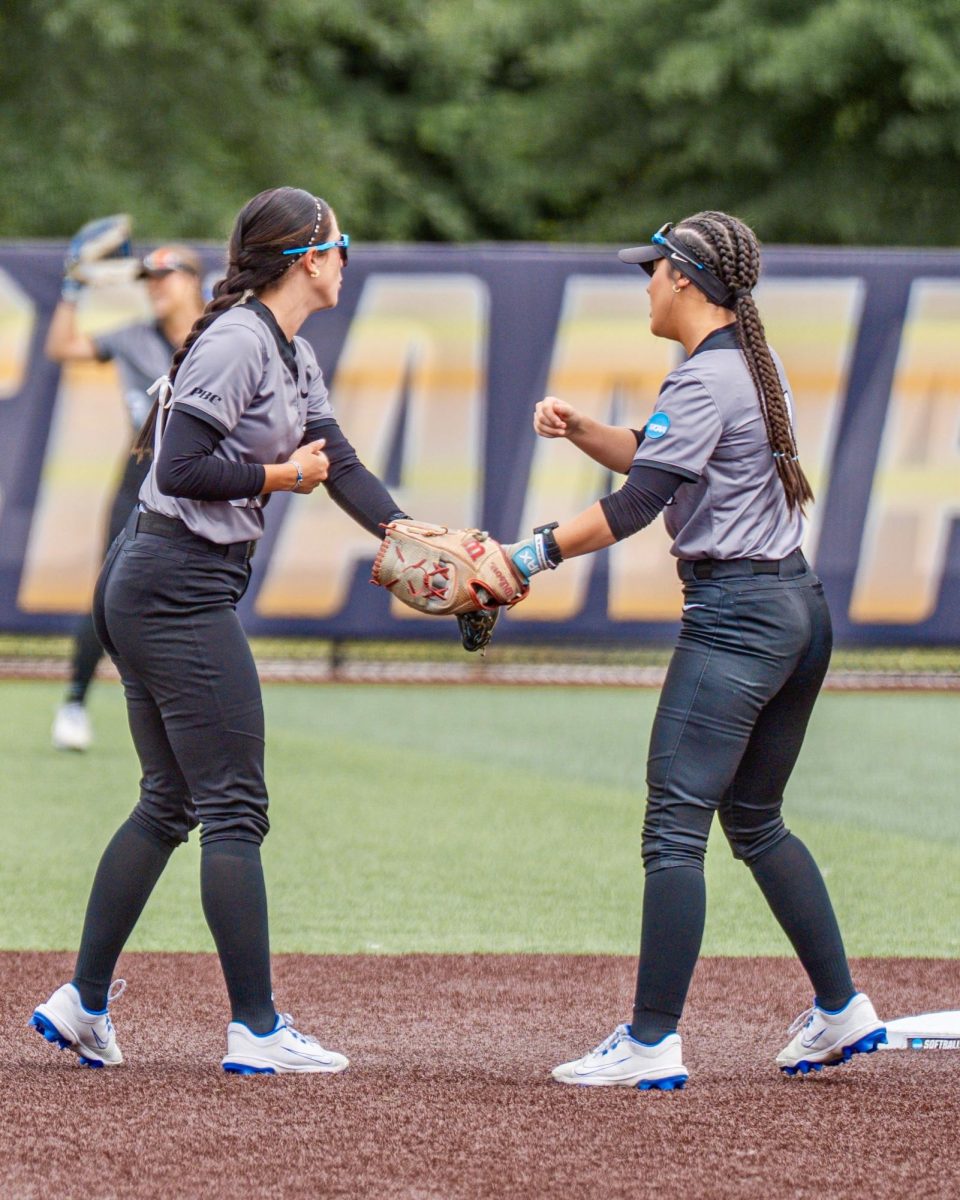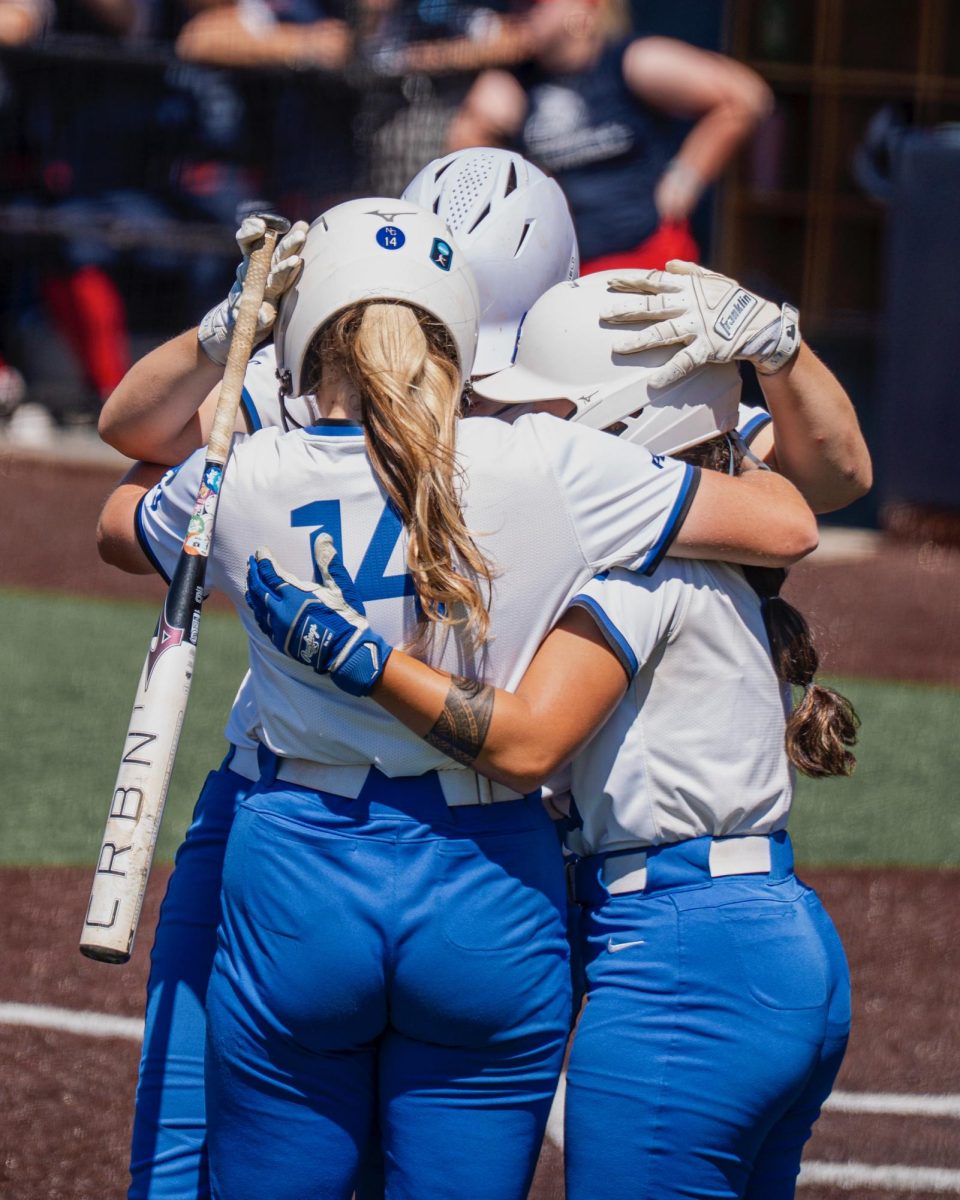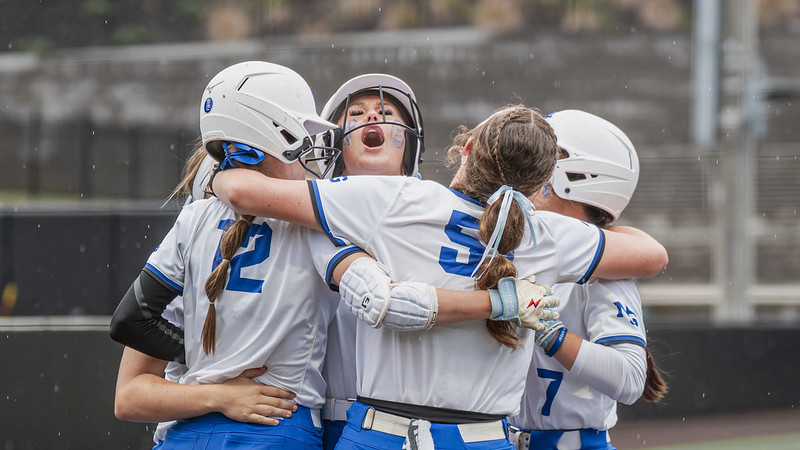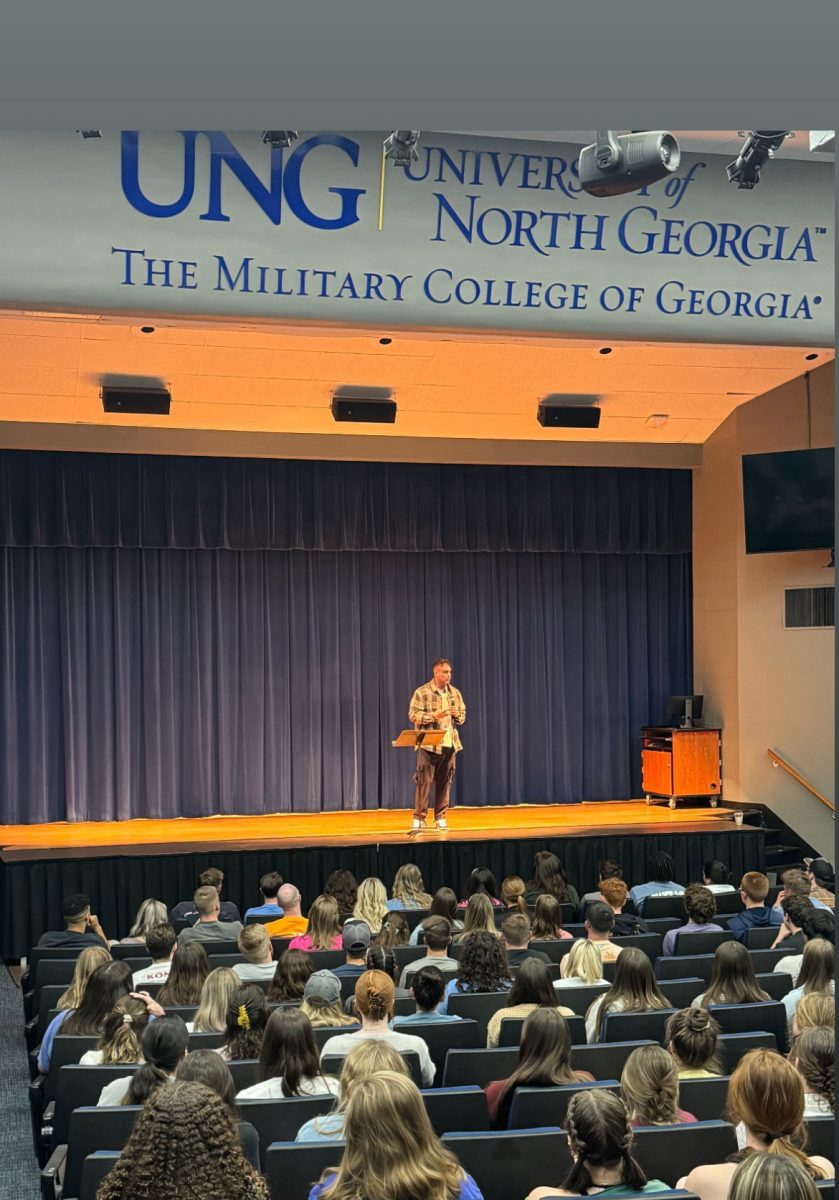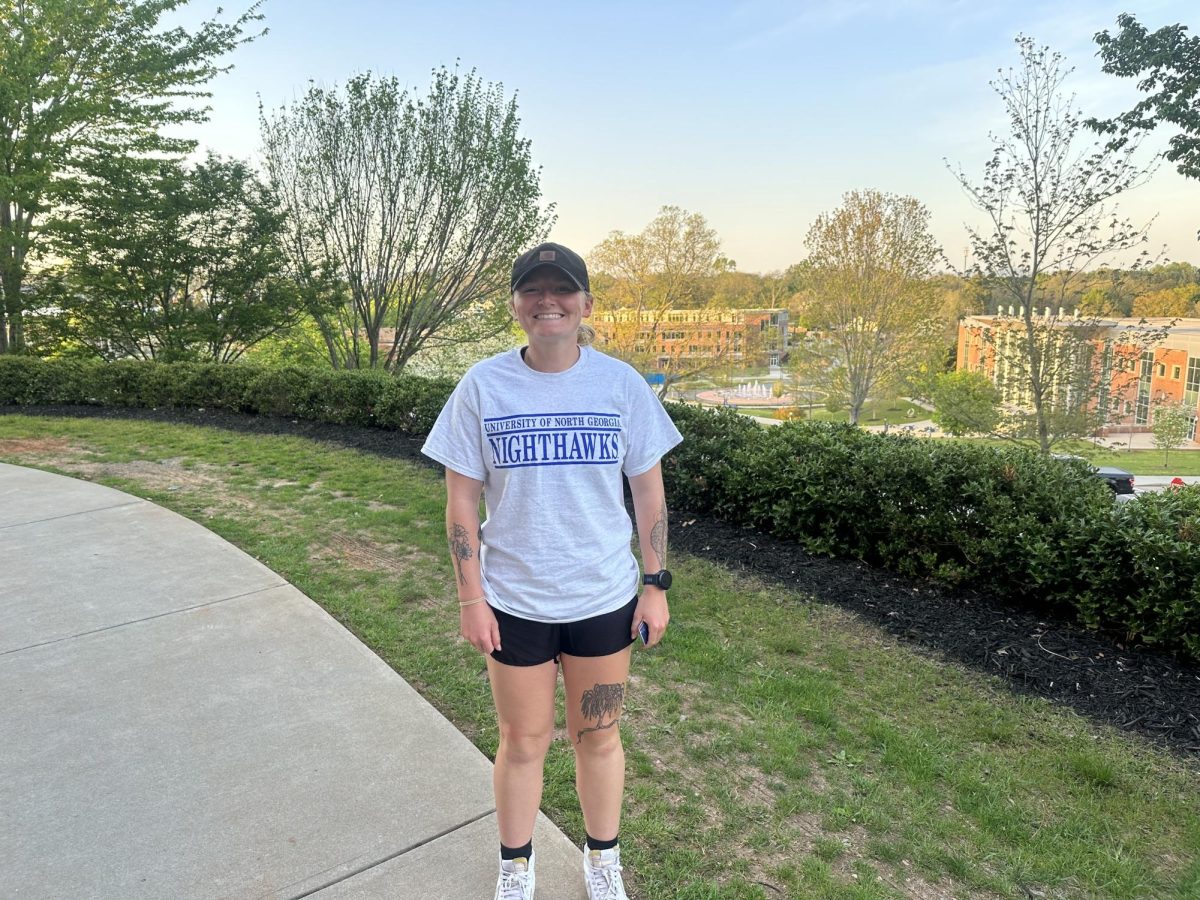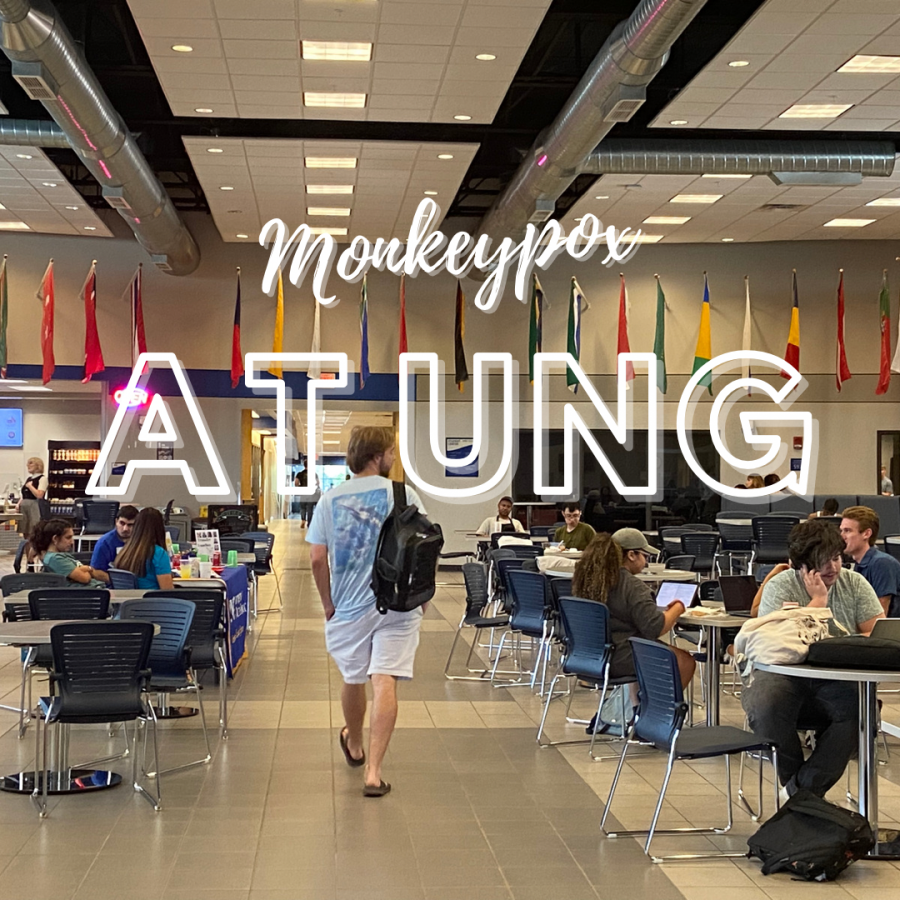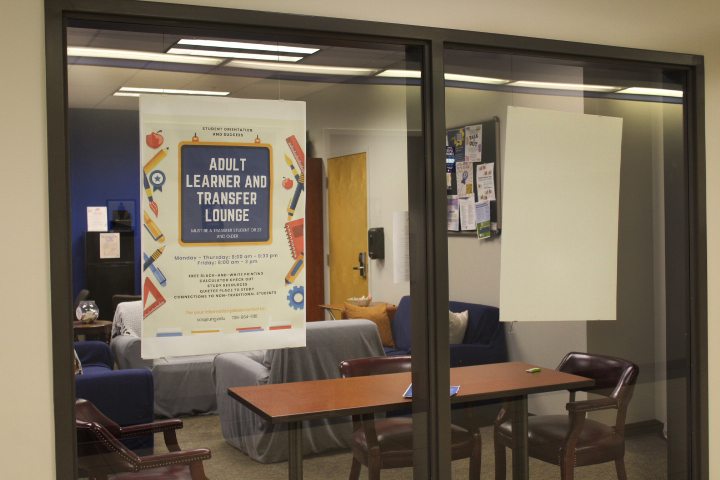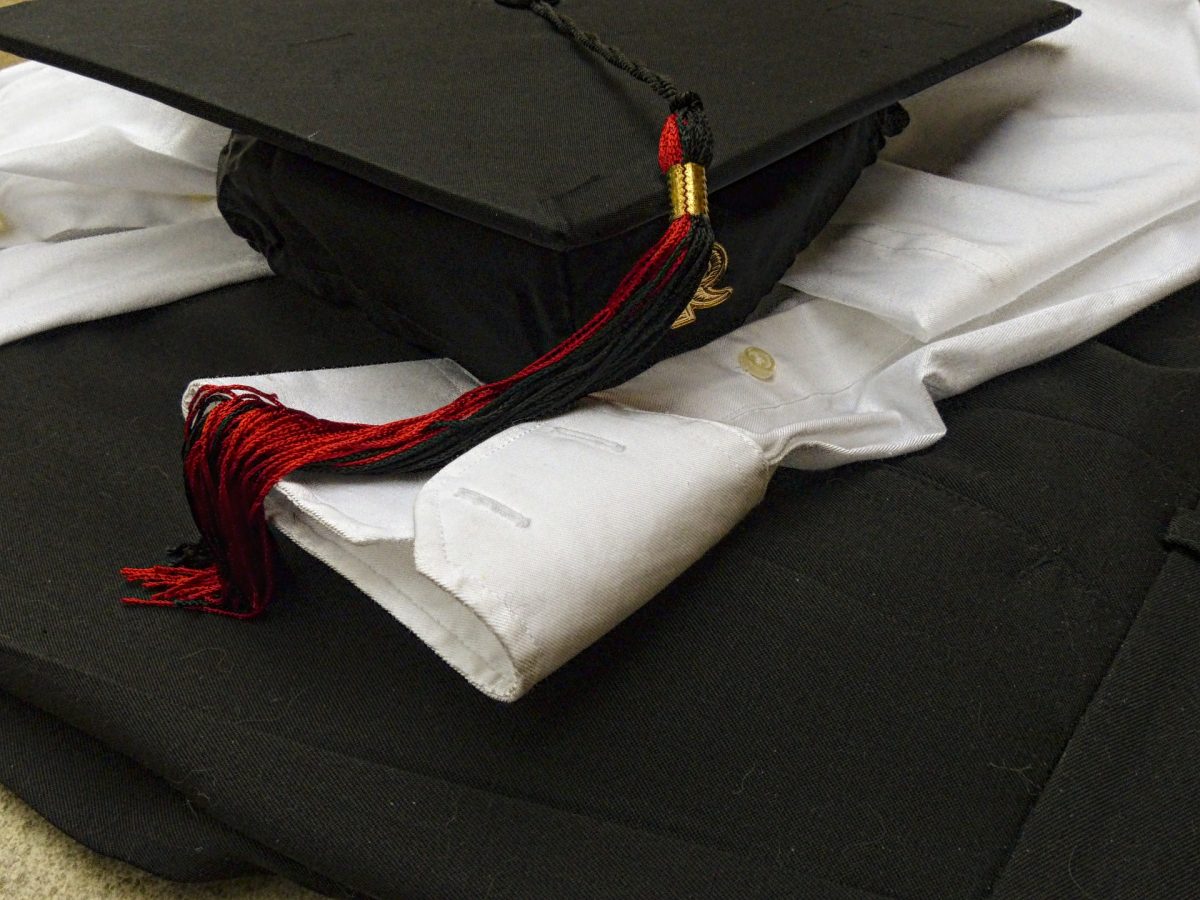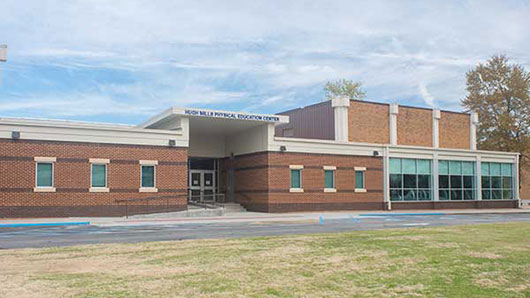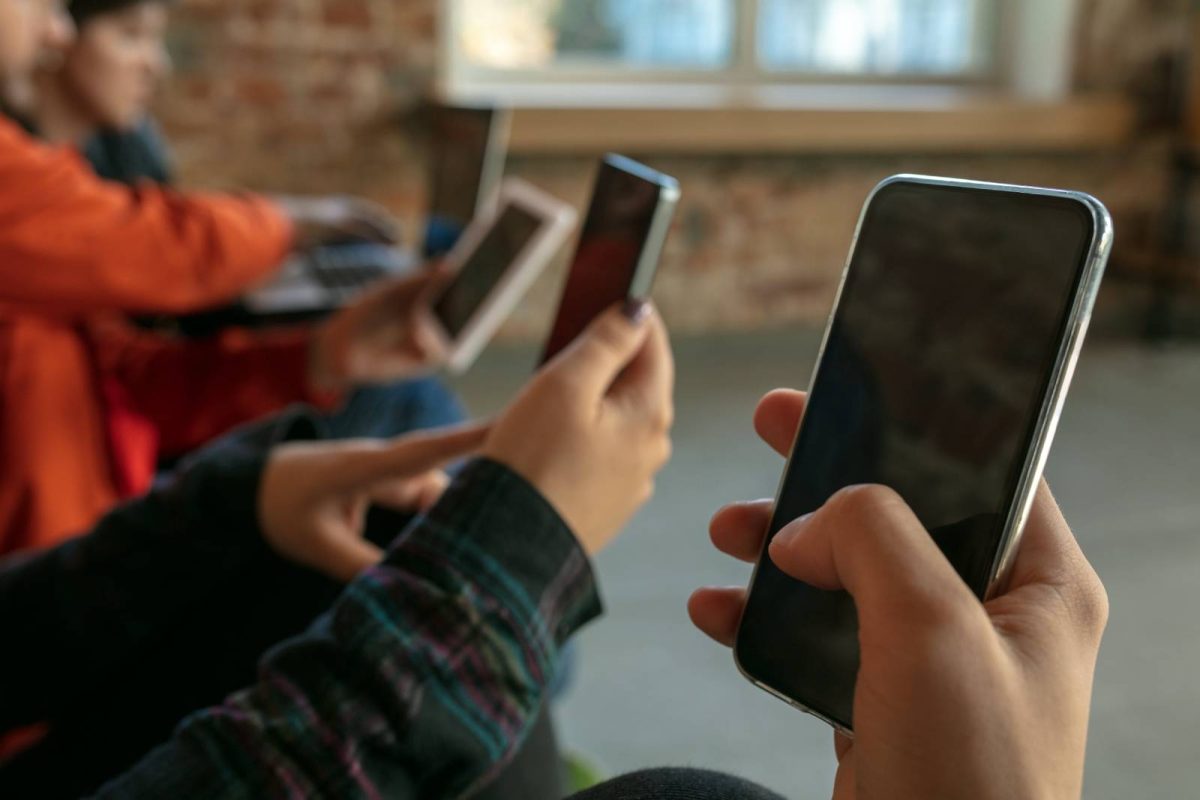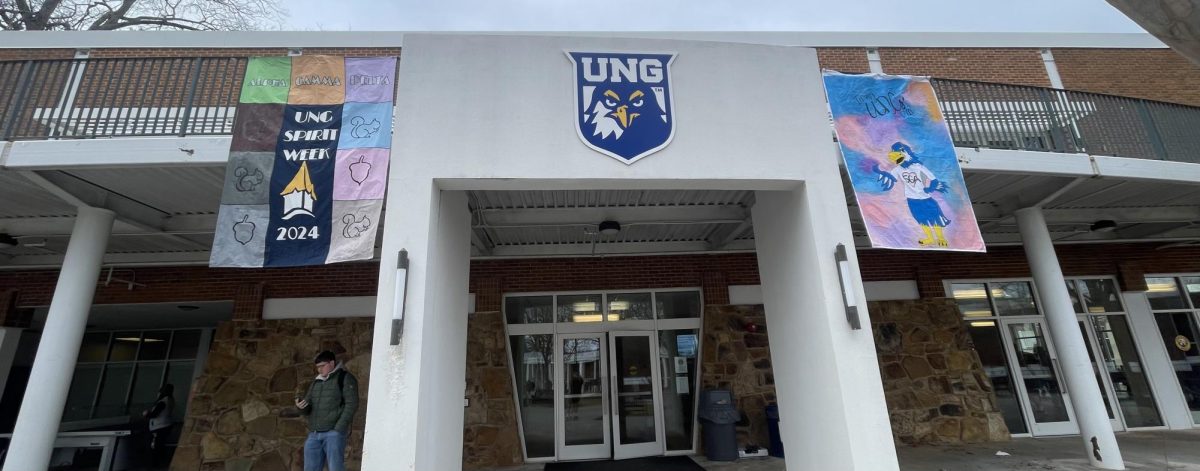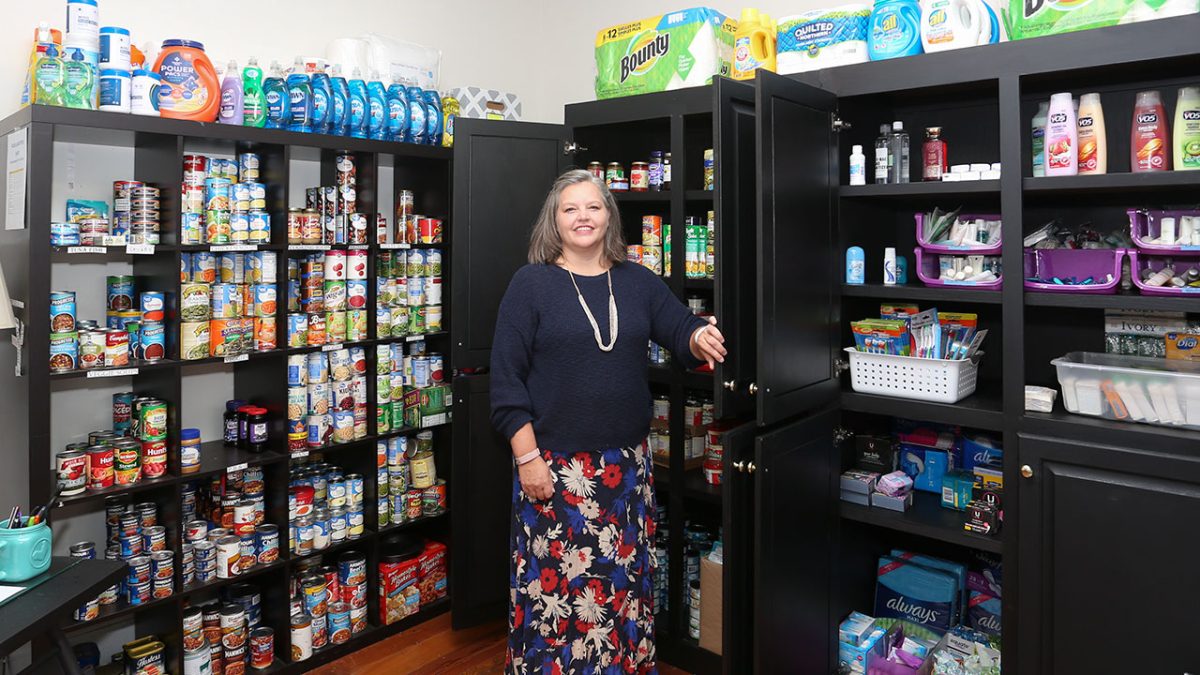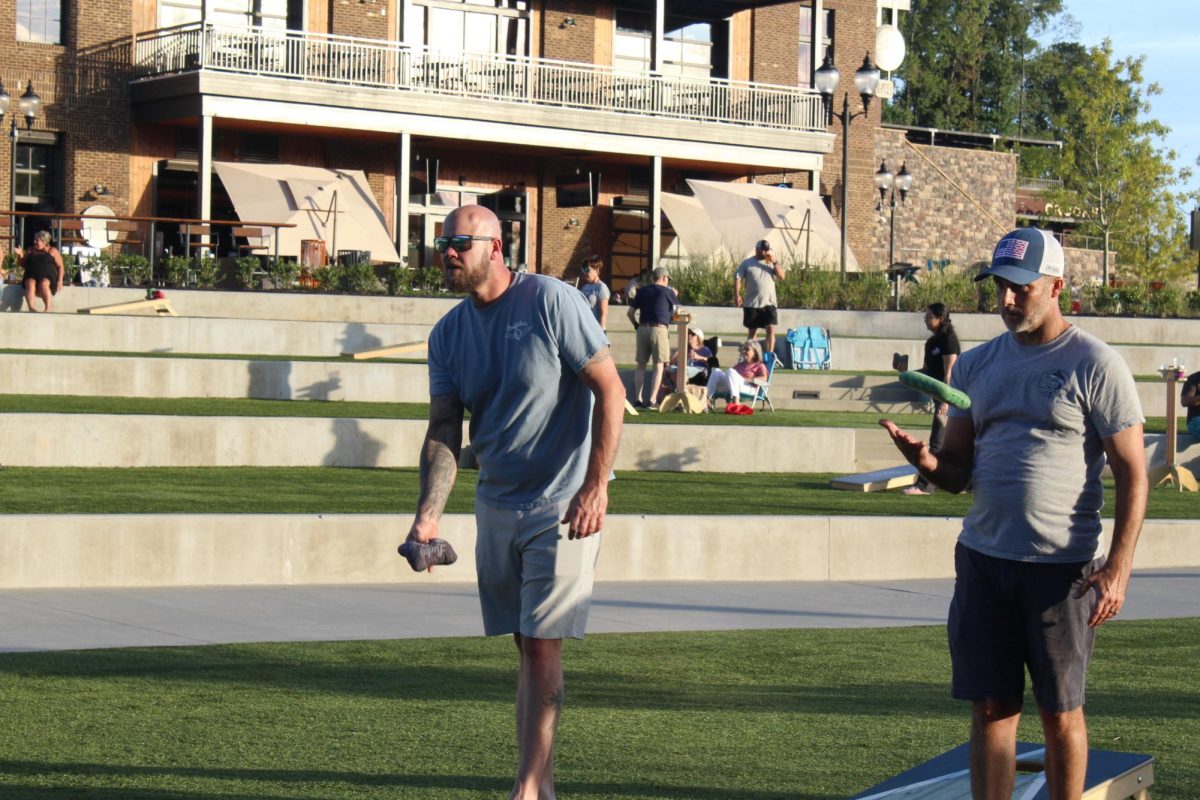As the global outbreak of the monkeypox virus continues to rise in Georgia, a state with some of the highest recorded cases, the University of North Georgia has provided safety measures to keep students, staff, and faculties safe.
According to the Centers for Disease Control and Prevention, there’s over 1,000 confirmed cases of monkeypox in Georgia. The study shows that the virus easily spreads in public places like schools, churches, stores, public transportations and other areas, putting the university at risk. While there are no confirmed cases at UNG yet, officials are staying vigilant to the situation.
“With all health conditions, individuals need to understand the setting around them and take actions appropriately to avoid either contracting it or transmitting it.” – Kate Maine, UNG’s Vice-President of University Relations
The monkeypox virus is fairly similar to smallpox with flu-like symptoms, these include painful sores, swollen lymph nodes, sore throat, muscle-aches, and backache. If students are experiencing similar symptoms, it is important that they stay home until they identify the cause of their illness and are well.
Since COVID-19, UNG has been taking actions to ensure that classrooms remain clean and disinfected. In addition, the Student Health Center is working closely with the Georgia Department of Public Health, so it is prepared to handle any cases.
After dealing with one pandemic, Maine says that based on what is known now, classrooms are not considered high-risk for the monkeypox disease. Maine said, “We’re certainly cautious and monitoring it but there’s not a high level of concern about transmission on campus.” Classes remain fully open because the monkeypox is transmitted predominately through person-to-person contact with blistered sores that can be infectious.
A number of UNG students are happy with the precautions and resources available in case of an outbreak. Ianah Chico feels safe about being fully open due to how the university has handled the COVID-19 pandemic. She said “When it comes to social interaction, you’re going to touch people regardless,” but she is reassured that it wouldn’t affect her education.
University Relations spreads awareness to students on the appropriate actions to take:
If you believe you may have monkeypox:
- Isolate at home away from others.
- Call your medical provider, your local Public Health Office or Student Health Services to inquire about monkeypox testing. Call before visiting your healthcare provider to let them know you have signs and symptoms of monkeypox. Testing for monkeypox can only be done if a person has a rash, bumps, or sores.
- Follow the guidance of your healthcare provider.
Students should remember to wash their hands regularly, use hand- sanitizer provided around school, and avoid touching their face or eating after touching public surface areas to keep the community safe.






